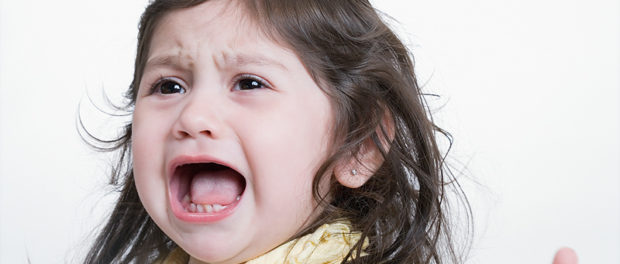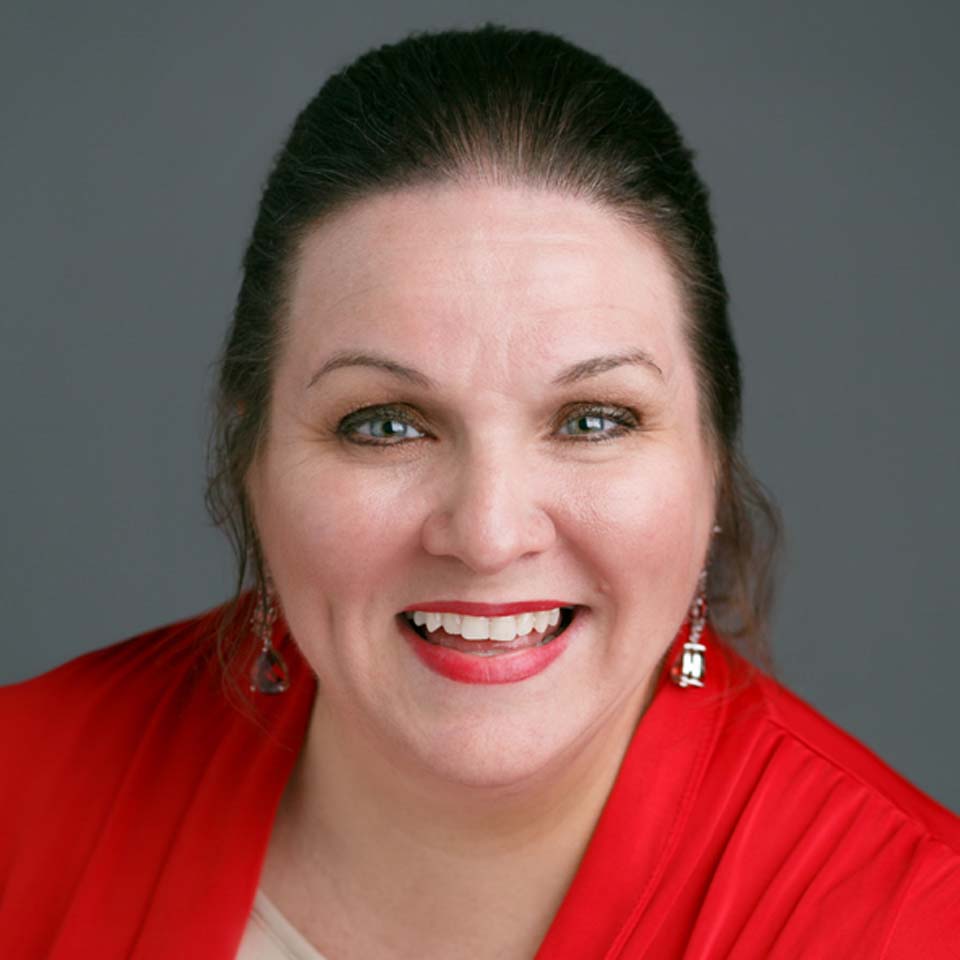Curing Reactive Attachment Disorder, RAD, DSED
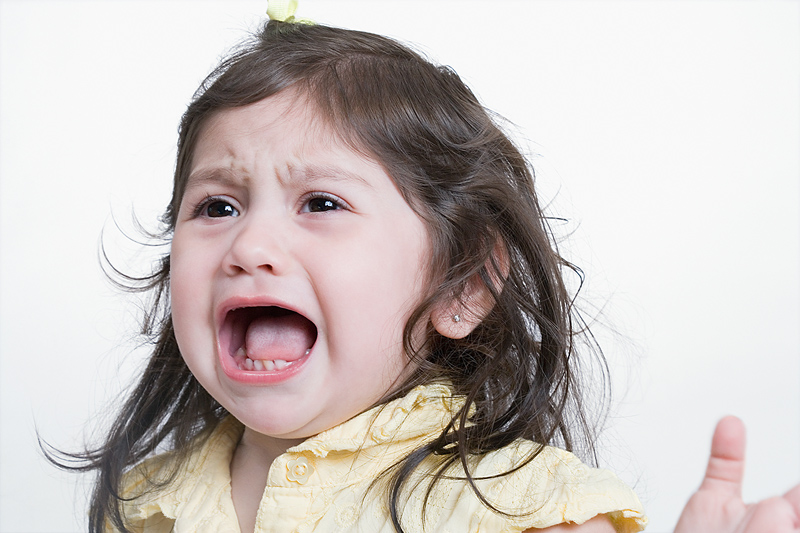 Reactive Attachment Disorder, or RAD, and Disinhibited Social Engagement Disorder, or DSED, are two of the most heartwrenching conditions that impact the development of children. Often the result of an interruption or break in parent-child bonding and interaction, children with RAD and DSED live in a constant state of anxiety and despair. This causes bizarre and harmful behaviors that can ruin family life and interfere with the child's ability to learn, self-regulate, and get along with others. The good news is that Orchard Human Services, Inc. has a cure for most cases of RAD and DSED. The Attachment Curriculum and Intervention Plan offered by Orchard Human Services, Inc. was created by founder Dr. Darleen Claire Wodzenski as she worked with children from disruptive early childhood experiences. After many years of development and investigation, the result is a coherent, focused, and clear Curriculum and Intervention plan for children with disordered attachment, including Reactive Attachment Disorder and Disinhibited Social Engagement Disorder, whether due to divorce, adoption, foster care, death or loss of a parent, deployment of a parent, or medical or mental health challenges that affected the family.
Reactive Attachment Disorder, or RAD, and Disinhibited Social Engagement Disorder, or DSED, are two of the most heartwrenching conditions that impact the development of children. Often the result of an interruption or break in parent-child bonding and interaction, children with RAD and DSED live in a constant state of anxiety and despair. This causes bizarre and harmful behaviors that can ruin family life and interfere with the child's ability to learn, self-regulate, and get along with others. The good news is that Orchard Human Services, Inc. has a cure for most cases of RAD and DSED. The Attachment Curriculum and Intervention Plan offered by Orchard Human Services, Inc. was created by founder Dr. Darleen Claire Wodzenski as she worked with children from disruptive early childhood experiences. After many years of development and investigation, the result is a coherent, focused, and clear Curriculum and Intervention plan for children with disordered attachment, including Reactive Attachment Disorder and Disinhibited Social Engagement Disorder, whether due to divorce, adoption, foster care, death or loss of a parent, deployment of a parent, or medical or mental health challenges that affected the family.
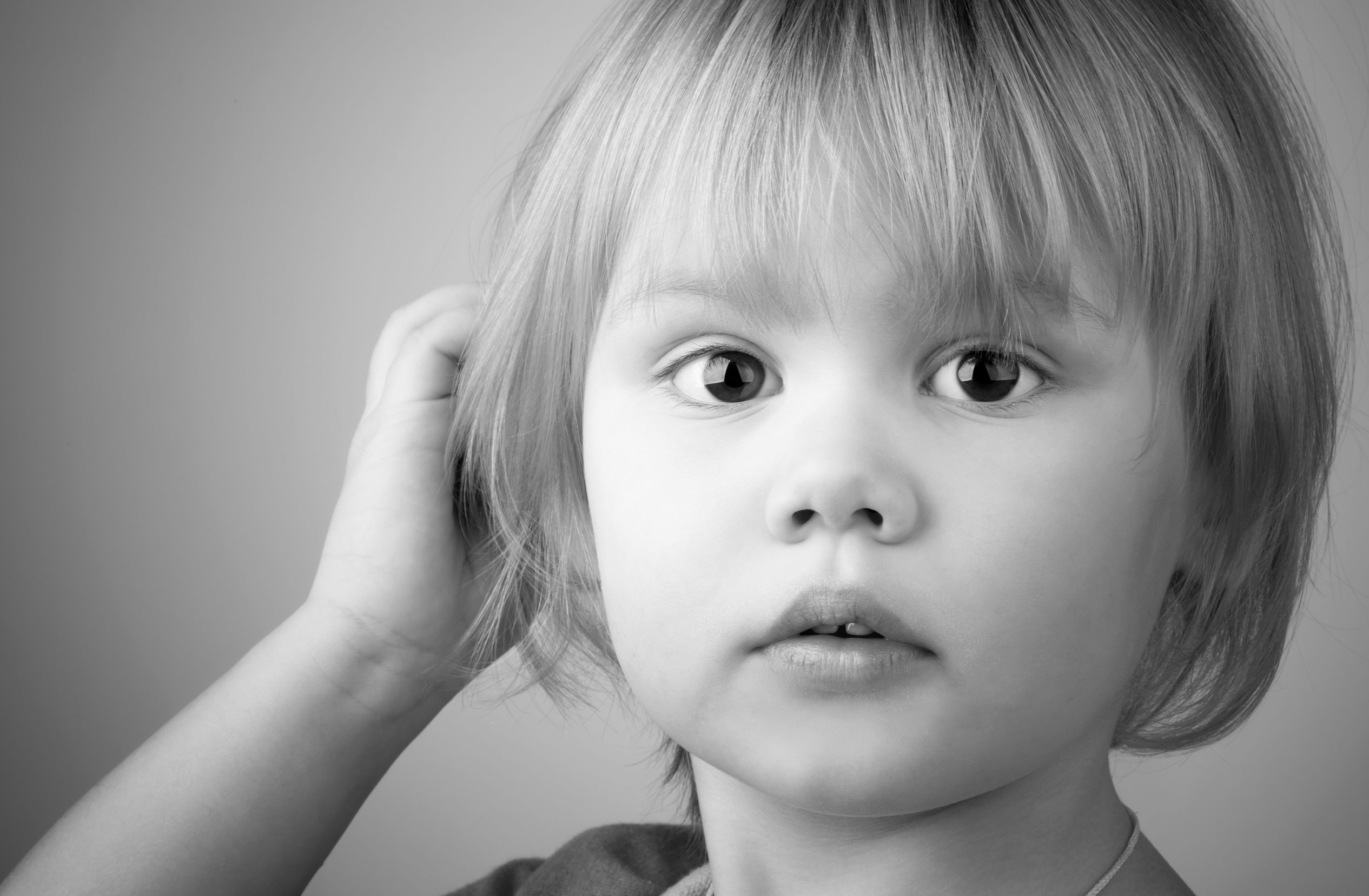 The urgency to investigate disorders of attachment began early in my life. As a child, I noticed how some children seemed to breeze through difficult circumstances while others were paralyzed by simple activities of daily living. My observations were intensified when a teenager came to live with my family over a quarter of a century ago, sparking me to take a deep dive into the workings of the adolescent mind. My investigation of the circumstances that led to emotional frailty and poor self-control of some children opened the door to some amazing revelations. The process of attachment, which I had learned as being part of the human bonding process, was much larger, far reaching, and comprehensive than I had ever imagined. And understanding the way children develop attachment capacity provides the key to unlocking many challenging behavioral, emotional, social, learning, and mental health problems of childhood. No parent, educator, mental health professional, juvenile justice workers, or human services professional can properly do their job without a practical and thorough understanding of the human attachment process.
The urgency to investigate disorders of attachment began early in my life. As a child, I noticed how some children seemed to breeze through difficult circumstances while others were paralyzed by simple activities of daily living. My observations were intensified when a teenager came to live with my family over a quarter of a century ago, sparking me to take a deep dive into the workings of the adolescent mind. My investigation of the circumstances that led to emotional frailty and poor self-control of some children opened the door to some amazing revelations. The process of attachment, which I had learned as being part of the human bonding process, was much larger, far reaching, and comprehensive than I had ever imagined. And understanding the way children develop attachment capacity provides the key to unlocking many challenging behavioral, emotional, social, learning, and mental health problems of childhood. No parent, educator, mental health professional, juvenile justice workers, or human services professional can properly do their job without a practical and thorough understanding of the human attachment process.
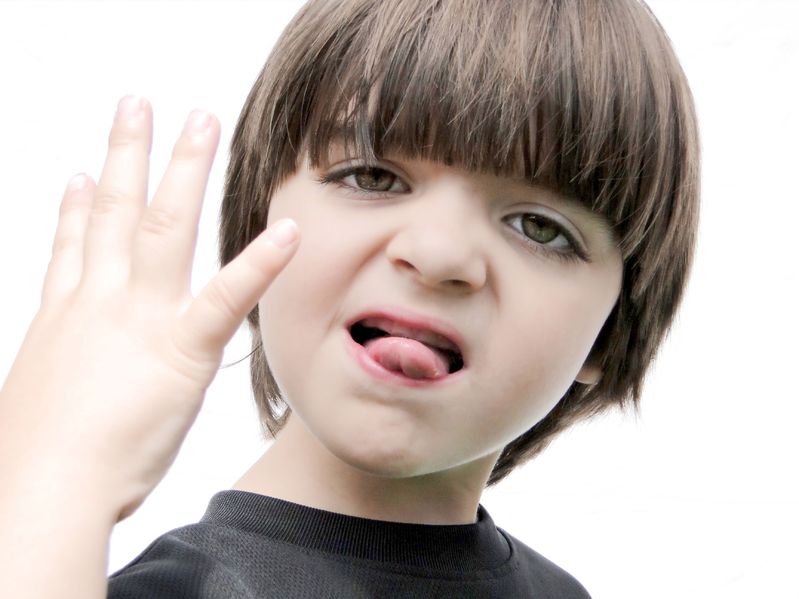
Badly behaved children, including those with Attachment Disorder, are a major source of stress and disagreement in marriage and co-parent relationships.
Attachment development begins in the womb, as the fetus experiences the sounds, sensations, and biochemistry of the mother and their environment. Children of angry, depressed, addicted, and medically compromised mothers may acquire lifelong biochemical patterns that may contribute to mental health, mood, and health challenges later in life. After the child is born, the attachment process kicks into high gear in response to hormones associated with birthing and lactation. The infant learns to gaze into the mother’s eyes, creating specialized brain cells – or neurons – to support the parent-child interaction. As the days and months unfold, the gentle sounds, strokes, and corrections of the parent contribute to an encoding of neurons just like a programmer writes a code for a computer.
Children with a poor foundation of attachment development are more likely to lack the proper foundation to practice impulse control, regulate their own emotions, and choose appropriate behavior. As a result, these attachment disordered children may also exhibit extremely inappropriate and even violent behaviors that cause undue stress upon siblings, parents, classmates, and neighbors. Over time the poor behaviors can intensity and cause marital distress and ruin the peace of family systems.
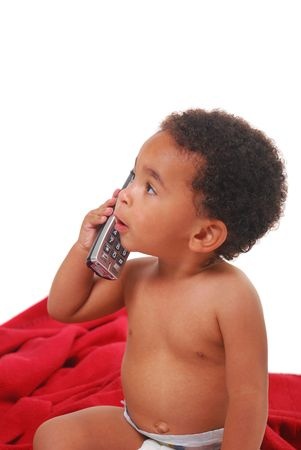 The attachment encoding process is flexible and forgiving of many of life’s ups and downs. Infants are able to sustain themselves if a parent has the flu or suffers a loss or upset. When the attachment encoding process is significantly disrupted, however, the infant fails to receive the necessary programming to support development of critical neural pathways to support self-calming, human-human connection, recognition of social boundaries and rules, and the capacity to have compassion for another person. This is when a child may be diagnosed with a formal Attachment Disorder, such as Reactive Attachment Disorder [RAD] or Disinhibited Social Engagement Disorder [DSED]. The behaviors and presentation of children with full blown disorders of attachment are bizarre, disturbing, and sometimes downright dangerous. The natural response of most parents and professionals to try to curb the bad behaviors by imposing consequences and discipline often further aggravates the child’s attachment issues, further inflaming an already impossible situation.
The attachment encoding process is flexible and forgiving of many of life’s ups and downs. Infants are able to sustain themselves if a parent has the flu or suffers a loss or upset. When the attachment encoding process is significantly disrupted, however, the infant fails to receive the necessary programming to support development of critical neural pathways to support self-calming, human-human connection, recognition of social boundaries and rules, and the capacity to have compassion for another person. This is when a child may be diagnosed with a formal Attachment Disorder, such as Reactive Attachment Disorder [RAD] or Disinhibited Social Engagement Disorder [DSED]. The behaviors and presentation of children with full blown disorders of attachment are bizarre, disturbing, and sometimes downright dangerous. The natural response of most parents and professionals to try to curb the bad behaviors by imposing consequences and discipline often further aggravates the child’s attachment issues, further inflaming an already impossible situation.
 Luckily, an understanding of how optimal attachment development takes place in typical children can provide incredible insight about how to promote healthy attachment in children who are diagnosed with an attachment disorder. While some of the strategies may look different because the child is older, the basics of infant rearing and care will go a long way to promote healthy attachment in older children. The biggest challenge is for caregivers and professionals to limit their natural tendency to react negatively to the outrageous and disturbing behaviors often exhibited by the child with disordered attachment. Instead, caregivers and professionals must learn to identify the features and characteristics of attachment disorder, and learn the logical and developmentally appropriate strategies that can help the child get back on track with attachment development.
Luckily, an understanding of how optimal attachment development takes place in typical children can provide incredible insight about how to promote healthy attachment in children who are diagnosed with an attachment disorder. While some of the strategies may look different because the child is older, the basics of infant rearing and care will go a long way to promote healthy attachment in older children. The biggest challenge is for caregivers and professionals to limit their natural tendency to react negatively to the outrageous and disturbing behaviors often exhibited by the child with disordered attachment. Instead, caregivers and professionals must learn to identify the features and characteristics of attachment disorder, and learn the logical and developmentally appropriate strategies that can help the child get back on track with attachment development.
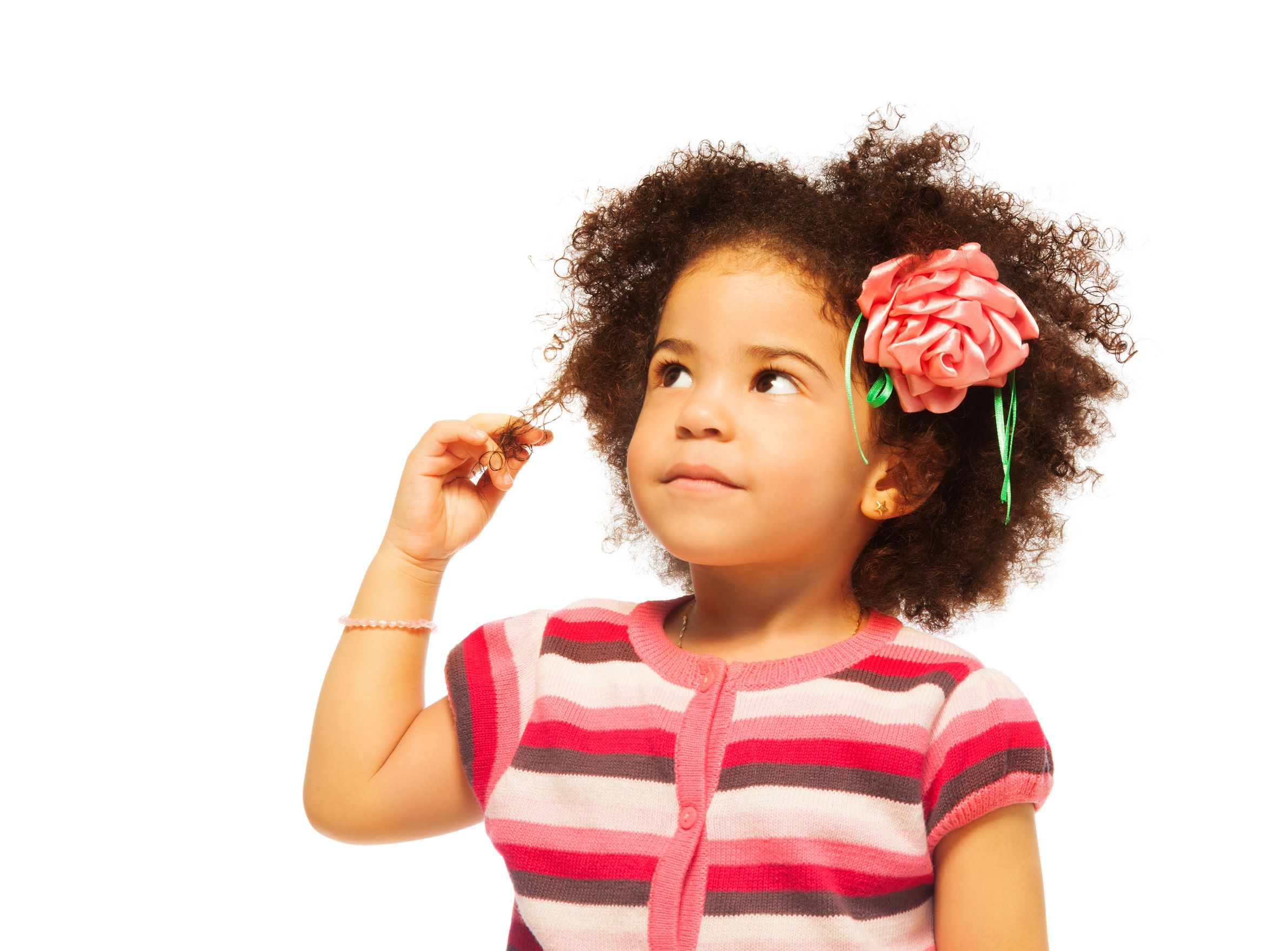 Children with disordered attachment may be violent, sadistic, and obsessed with their urine and feces. They might attack people, animals, and even inanimate objects. Or they might be withdrawn, uncommunicative, and seemingly unaware of their surroundings. In most cases, children tend to be a combination of the two, depending upon the environment and situation. Some common challenges of children who are attachment-disordered include lying, routine use of deception, lack of personal boundaries, failure to acknowledge and honor the physical boundaries of others, and a bizarre relationship with eating, toileting, drinking, and sleeping. Their play may be abnormal, they may laugh at harming others, and may pretend that an appropriate caretaker is abusive or neglectful, causing considerable difficulty for “good parents” in school, church, and community.
Children with disordered attachment may be violent, sadistic, and obsessed with their urine and feces. They might attack people, animals, and even inanimate objects. Or they might be withdrawn, uncommunicative, and seemingly unaware of their surroundings. In most cases, children tend to be a combination of the two, depending upon the environment and situation. Some common challenges of children who are attachment-disordered include lying, routine use of deception, lack of personal boundaries, failure to acknowledge and honor the physical boundaries of others, and a bizarre relationship with eating, toileting, drinking, and sleeping. Their play may be abnormal, they may laugh at harming others, and may pretend that an appropriate caretaker is abusive or neglectful, causing considerable difficulty for “good parents” in school, church, and community.
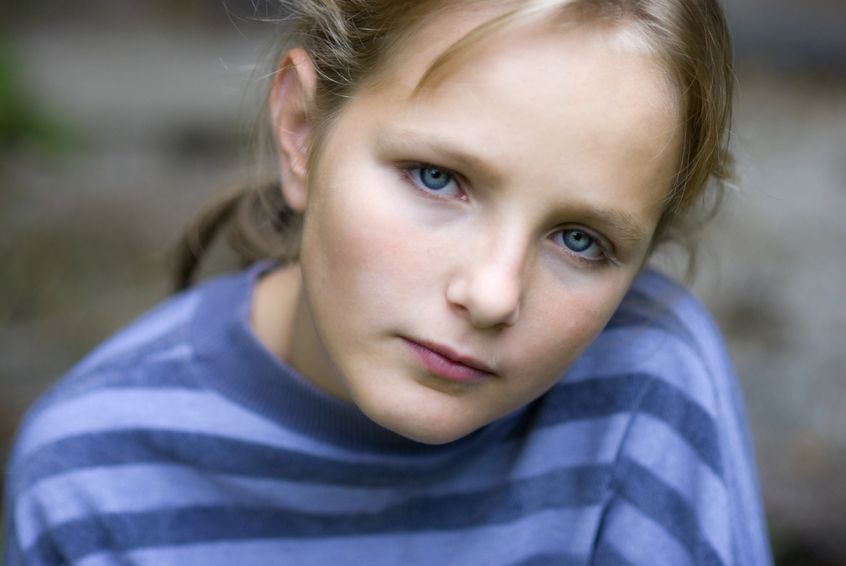 A common occurrence is for children with disordered attachment to act appropriately around strangers, saving their frenetic and outrageous behaviors for family and friends. This can lead to serious communication challenges with new neighbors, teachers, counselors, doctors, and friends who only see the positive public persona of the attachment disordered child. The antics of youth with attachment disorder has led many parents to have unpleasant encounters with law enforcement and child protective services. Eventually, however, the children begin to show their true nature as they become more at ease around new people. Over time, most permanent people in a child’s life will be aware of at least some of the behavioral, attitudinal, and social aberrations that are common to these children.
A common occurrence is for children with disordered attachment to act appropriately around strangers, saving their frenetic and outrageous behaviors for family and friends. This can lead to serious communication challenges with new neighbors, teachers, counselors, doctors, and friends who only see the positive public persona of the attachment disordered child. The antics of youth with attachment disorder has led many parents to have unpleasant encounters with law enforcement and child protective services. Eventually, however, the children begin to show their true nature as they become more at ease around new people. Over time, most permanent people in a child’s life will be aware of at least some of the behavioral, attitudinal, and social aberrations that are common to these children.
The ultimate goal of all attachment-oriented intervention and treatment must be to help the affected child learn to one day feel safe, secure, and loved while empowering the child to feel love, respect, and compassion for self and others. These are simple things to ask, and for many children who lived through trauma, abuse, and/or neglect, all these children could possibly want from life.
Dr. Darleen Claire Wodzenski is an author and national speaker and presenter on such topics as Treatment and Intervention for Attachment Disorder, Autism Spectrum Disorder, and preventing youth involvement in the Juvenile Justice System.
Please check out her books on Amazon at: https://www.amazon.com/Darleen-Claire-Wodzenski/e/B0736BV3LR
She seems individual clients in the metro Atlanta area and provides training for educators, early childhood care professionals, peace officers, and other human services workers in Georgia and Nationally. You can reach her to set up a consultation or inquire about consulting services at:
D@OrchardHumanServices.org or by phone at (770) 686-0894

